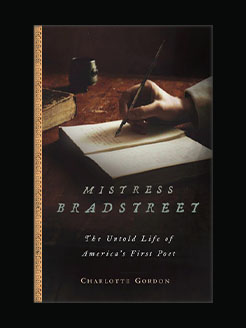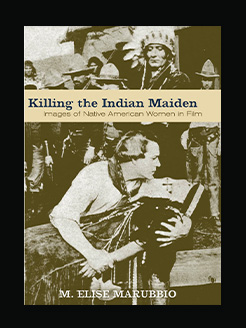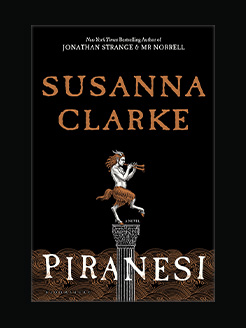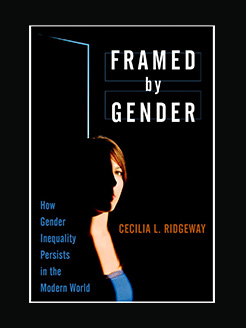Published in 2023
192 pages
Sally Butcher is the fiery-haired proprietress of the notable Persian food store Persepolis in London, which she runs with her Persian husband, Jamshid. She is also a prolific author and blogger, who has amassed a devoted online following for her food blog. The foodie delights of the Middle East are her specialty, but she has been known to venture far and wide for inspiration. Her first book, Persia in Peckham, was selected Cookery Book of the Year by the Times of London and was short-listed for the 2008 André Simon Award. Her following tomes, The New Middle Eastern Vegetarian, New Middle Eastern Street Food, and Salmagundi: A Celebration of Salads From Around the World, also published by Interlink, have received critical acclaim and starred reviews.
What is this book about?
The newest release from prolific food writer Sally Butcher, Veganistan is full of healthy, accessible, and delicious vegan recipes for everyone, inspired by a Middle Eastern kitchen.
The Middle East is a region lush in its vegetation, a gift to the non-meat-eater. Much of the cuisine is naturally plant-based, with a lot of the flavor of recipes coming from the herbs, spices, cooking methods, and sheer joie de cuisine traditional to Middle Eastern dining.
Vegan diets can often be dismissed as lacking in certain nutrients, but there is no doubt that one thing a Middle Eastern kitchen teaches us is balance: every dish from a traditional kitchen is carefully crafted to offer a balance of “hot” and “cold” elements to satiate the four humors of medieval yore with legumes, grains, nuts, and vegetables galore.
The original mission of The New Middle Eastern Vegetarian was to celebrate vegetables in all their glory, rather than recreating meat dishes, and in Veganistan Sally Butcher starts to play more with seitan, tofu, and tempeh using them as vehicles to showcase the wonderful range of flavor this cuisine offers.
This is not a book written from a moral point of view, but primarily from a food angle, a way of bigging up and celebrating the wonders of Central Asian, Iranian, Turkish, Arab, and East African vegetable cooking and creating a volume of accessible dishes.







